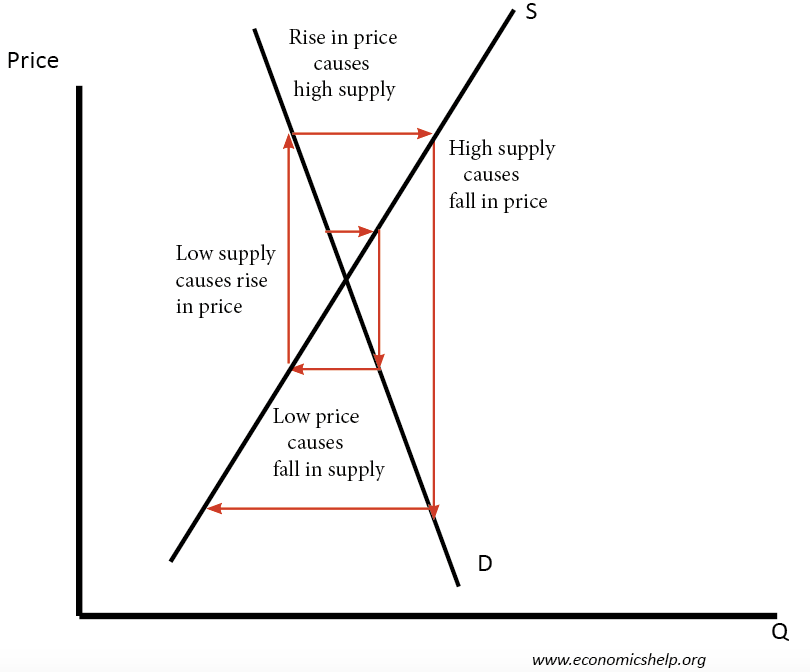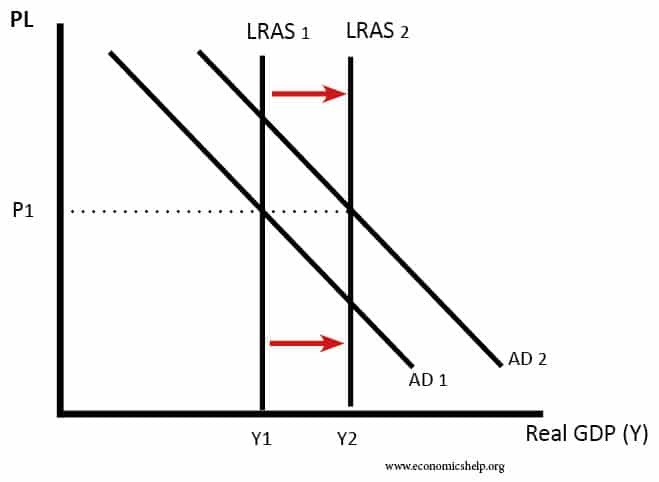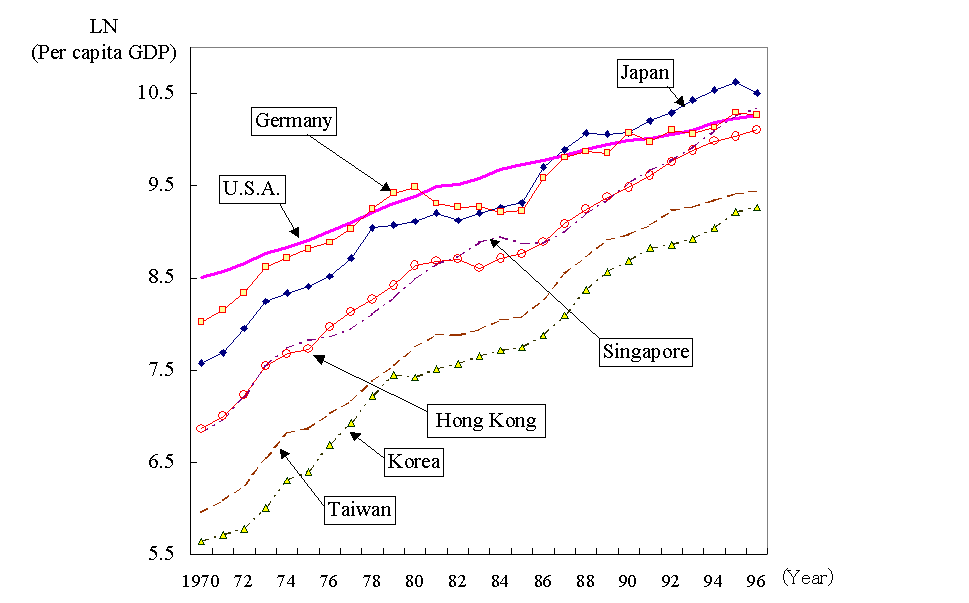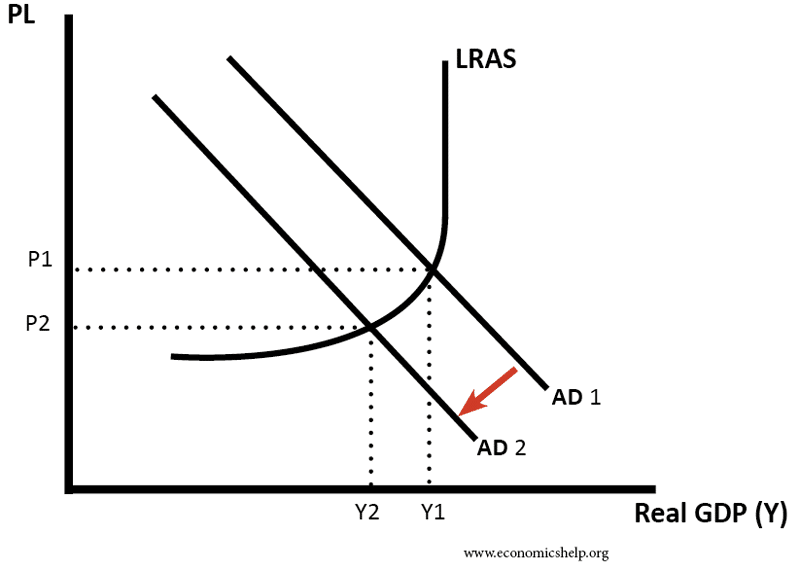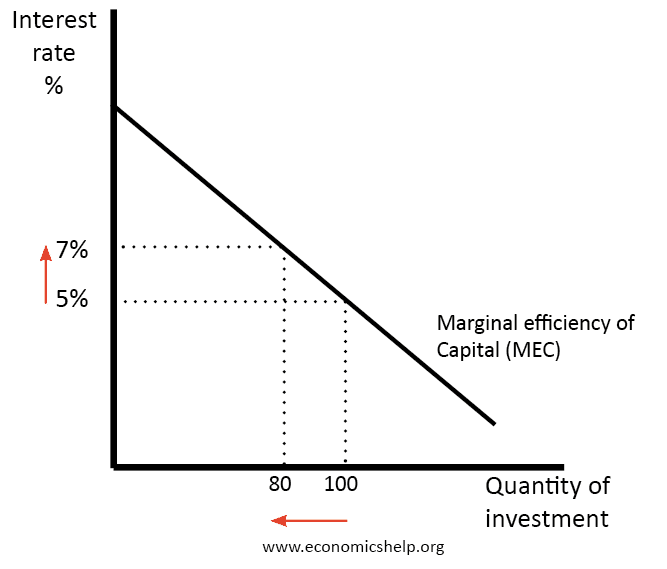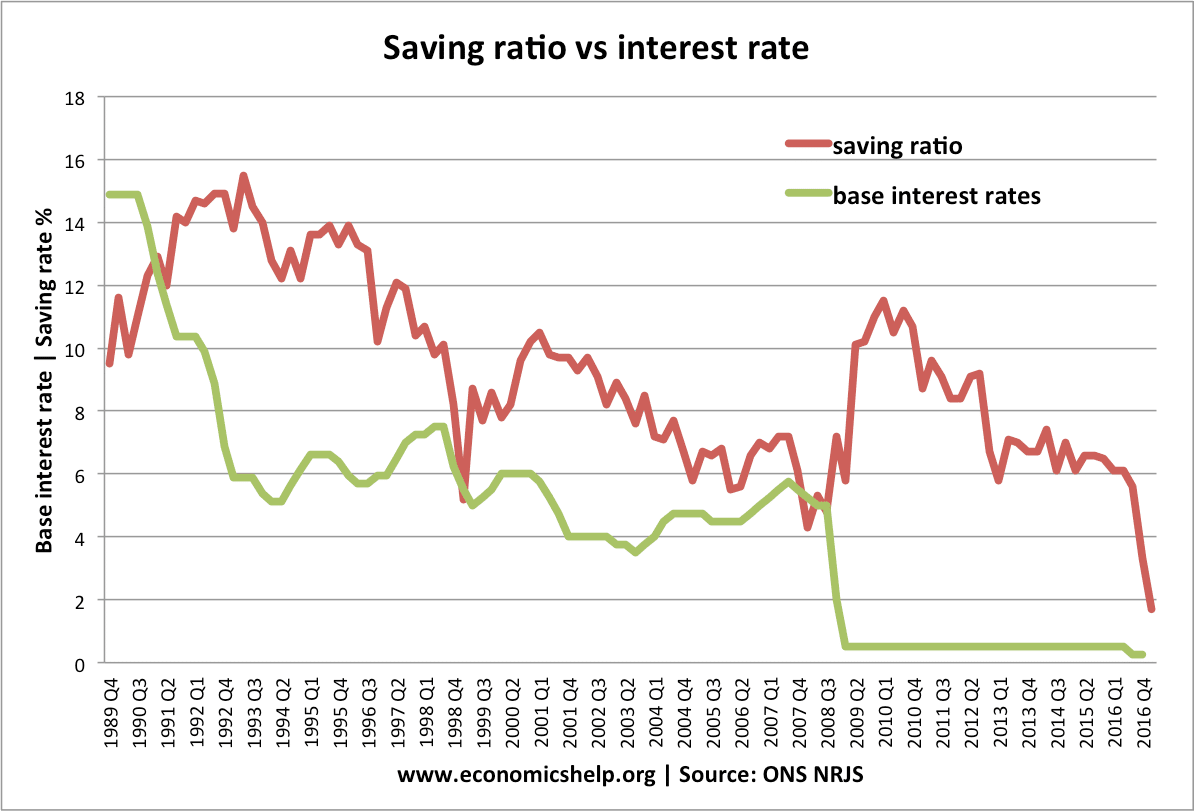Cobweb theory
Cobweb theory is the idea that price fluctuations can lead to fluctuations in supply which cause a cycle of rising and falling prices. In a simple cobweb model, we assume there is an agricultural market where supply can vary due to variable factors, such as the weather. Assumptions of Cobweb theory In an agricultural market, …

